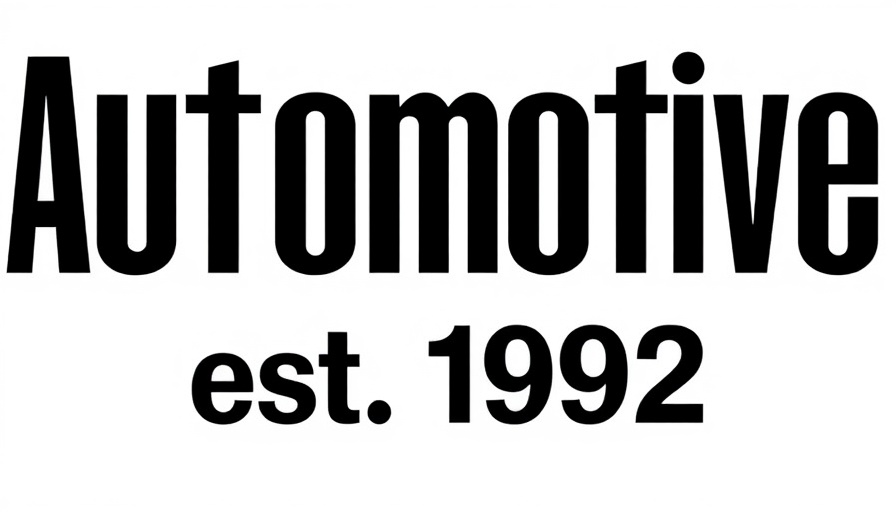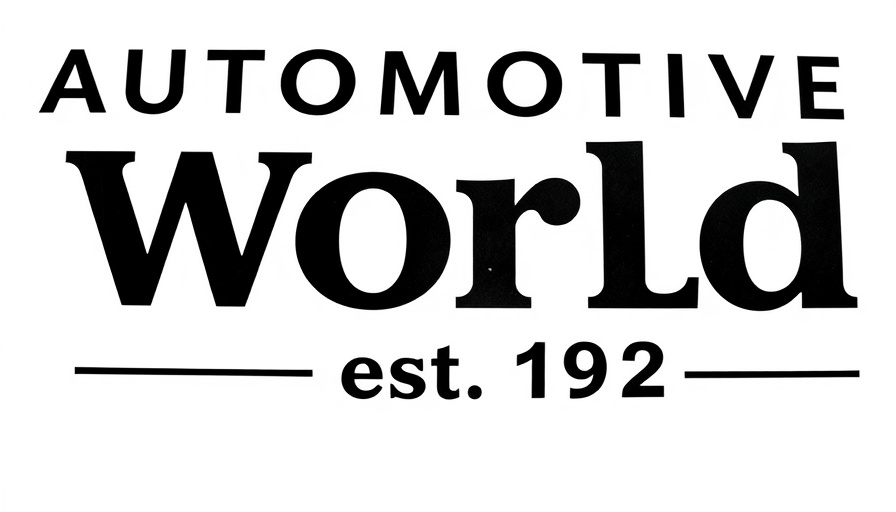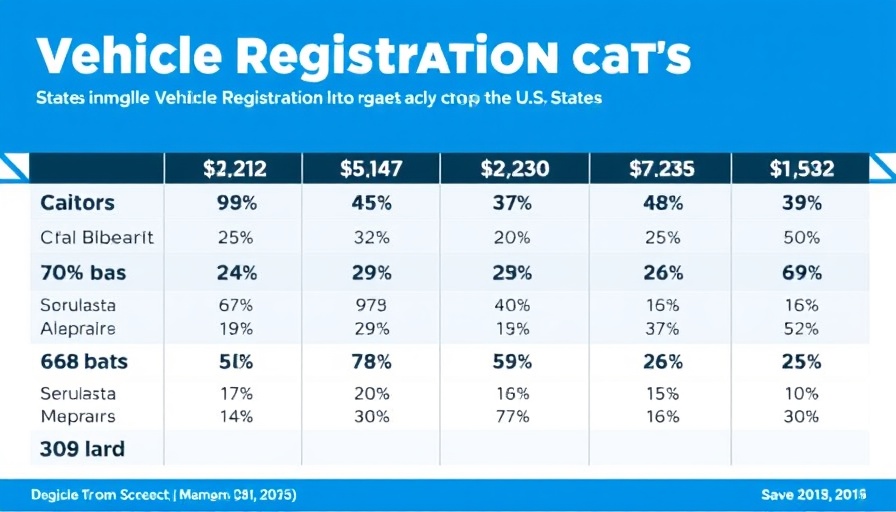
Unmasking Manipulation: The Hidden Costs of Ulterior Motives
Ulterior motives often lie beneath the surface of interactions, particularly in professional settings like automotive sales. Salespeople may appear friendly while subtly nudging you into a decision that benefits them more than you. The challenge is to recognize those hidden agendas and protect yourself from potential exploitation.
Understanding the Nature of Manipulation
In the competitive world of auto dealerships, it’s crucial to acknowledge that not all motivations are pure. Leaders with ulterior motives may manipulate others to achieve personal gains, leading to a toxic work environment. Such behavior can drain the morale of honest team members, overshadowing their contributions while sowing distrust. This deceptive approach keeps information akin to currency, creating an unhealthy atmosphere of fear and competition.
The 4 Questions to Uncover Hidden Agendas
To navigate through this murky terrain, asking the right questions can unveil ulterior motives. Here are some critical inquiries to employ:
- Focus on Actions: Actions speak louder than words. For instance, if a colleague frequently claims to support your sales goals but consistently undermines your efforts, it's time to reassess their intentions.
- Notice Patterns: Pay attention to repetitive behaviors. Do you find that your projects are frequently delayed to accommodate someone else's priorities? Patterns often reveal true intentions.
- Ask Who Wins: Analyze situations critically. A genuine leader focuses on shared objectives, while a manipulative person primarily seeks personal recognition and reward.
- Say No: Observe reactions when you deny requests. A healthy professional relationship respects boundaries; manipulation will often surface through guilt trips or passive-aggressive behaviors.
Building a Culture of Transparency
To combat manipulation, dealerships need to cultivate a culture that values transparency and open communication. Encouraging employees to share their concerns can foster trust and collaboration, minimizing the likelihood of manipulators thriving in silence. Training in communication skills and emotional intelligence can equip teams to recognize and counteract manipulative tactics, promoting a healthier working environment.
The Cost of Ignoring Manipulation
Realizing the impacts of ulterior motives is essential for dealership growth. Ignoring them can lead to decreased productivity and increased turnover, undermining the dealership's success. Ultimately, understanding and addressing manipulative behavior is not just beneficial—it is essential for cultivating a thriving, effective team.
Final Thoughts: Protecting Your Energy
As you navigate the complexities of automotive sales, remember that your energy is valuable. Avoid sacrificing it for others’ hidden agendas. By adopting inquisitive strategies and building an open culture, you safeguard both personal ethics and positions within your dealership.
Consider this: What habits can you implement to deter manipulation? Share your insights and strategies with others in the industry, promoting a more transparent and supportive career environment.
 Add Row
Add Row  Add
Add 

 Add Row
Add Row  Add Element
Add Element 




Write A Comment